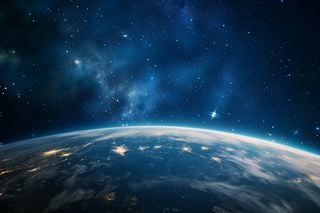
According to astronomers at the Planetary Science Institute, there is a surprising link between stars passing near the solar system and our planet's orbit and climate.

Graduated in Marine Sciences from the University of Las Palmas de Gran Canaria in 2016. Her desire to understand the way in which the oceans interact with the atmosphere prompted her to study a Master's degree in Meteorology, completed in 2017 at the University of Barcelona.
An oceanographer and meteorologist by vocation, her great interest in helping to understand and prevent the changes that occur in the atmosphere due to anthropogenic activities led her to collaborate with the Institute of Environmental Assessment and Water Research – CSIC, where she studied the different meteorological variables that influence the behavior of tropospheric ozone.
In addition, Yurima has a year of experience in Radio Televisión Canaria as a meteorologist and weather presenter for the news, making her own weather predictions and editing weather content.
Her passion for transmitting her knowledge about meteorology and climatology has led to her to being a collaborator with Meteored since 2021 as an editor of informative articles on meteorological matters.

According to astronomers at the Planetary Science Institute, there is a surprising link between stars passing near the solar system and our planet's orbit and climate.
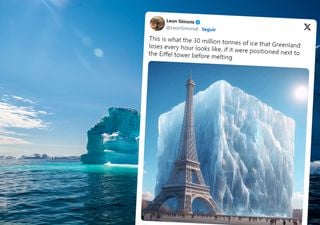
At a dizzying and alarming pace, Greenland's ice sheet is losing an amount of ice equivalent to the height of the iconic Eiffel Tower every hour.
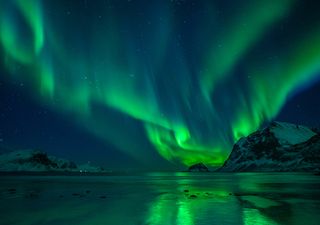
Have you ever thought that our star could have its own version of the northern and southern lights that fascinate so much on Earth? Recently a group of astronomers have discovered a very similar phenomenon.

This March 8th, we open the doors of our headquarters so you can meet Lydia, Isa, Cristina and Belinda, four of the STEAM women who work in that part of Meteored that cannot be seen and that is everything.
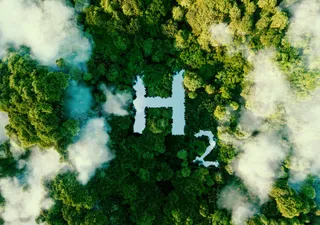
Geologists have discovered natural reserves of hydrogen, opening the door to a clean, sustainable energy source with the potential to power our civilization for several centuries.
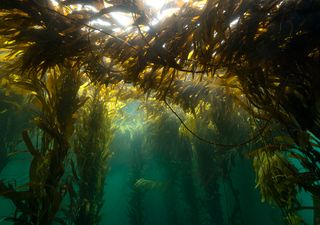
In the icy waters of the Argentine Sea, under extreme oceanographic conditions, a team of divers immerses themselves in a mission of great importance: protecting the majestic kelp forests.
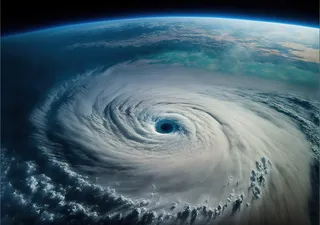
In the middle of February, temperatures in the Atlantic region where major hurricanes occur have reached summer levels, causing alarm in the scientific community.
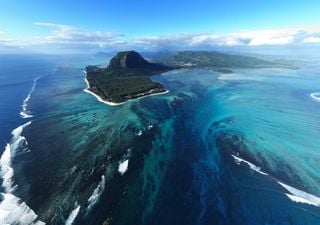
In the depths of the Atlantic there is an underwater waterfall several kilometers high. You will wonder where it is and how it is possible that there is such a jump under water, we will solve it.
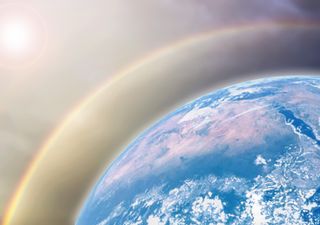
The 2023 ozone hole defied norms from its opening in September to its closure in December. What can cause this exceptional behavior in the stratosphere?
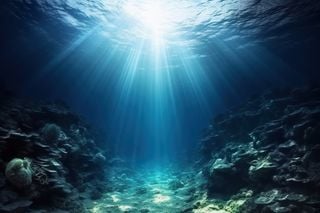
Immerse yourself in a fascinating journey to the most mysterious depths of our oceans, where the hadal zone holds secrets that challenge our imagination.
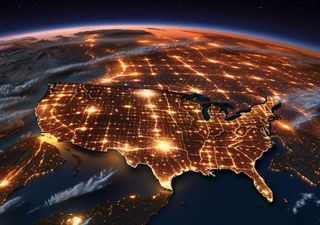
Imagine a starless night, where the dark sky lacks its usual brightness. In this constantly illuminated world, we explore "noctalgia", a feeling we only understand when missing the lost beauty of the night sky.